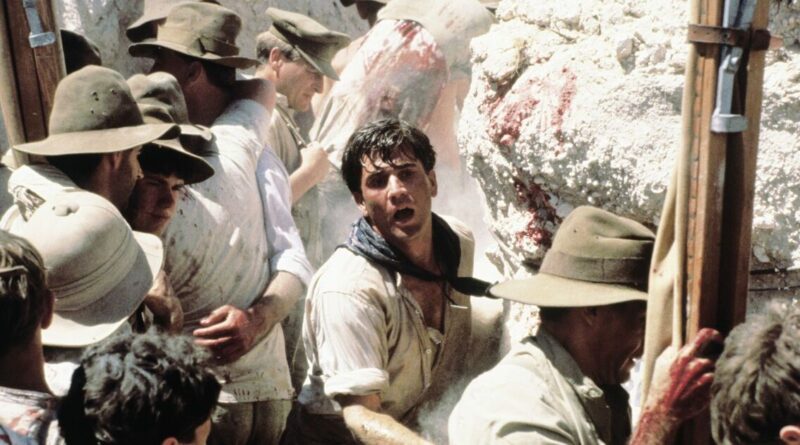‘Terrific’ film with 91% on Rotten Tomatoes dubbed 1 of most ‘underrated war movies ever’ | Films | Entertainment
An 1980s film has been called one of the most “underrated war films” by fans. Gallipoli is a 1981 Australian war drama film directed by Peter Weir and produced by Patricia Lovell and Robert Stigwood, starring Mel Gibson and Mark Lee.
The film revolves around several young men from Western Australia who enlist in the Australian Army during World War I. They are sent to the Gallipoli peninsula in the Ottoman Empire (modern-day Turkey), where they take part in the Gallipoli campaign. During the course of the film, the young men slowly lose their innocence about the purpose of war. The climax of the film occurs on the Anzac battlefield at Gallipoli, depicting the futile attack at the Battle of the Nek on August 7, 1915. Reddit users dubbed it one of the “most underrated war films ever”, with users saying it is a “terrific film” and they “recommend it to all (their) movie-watching friends”. One said: “It works so well on several levels, one of Gallipoli’s great strengths. A buddy picture, starts off with a big patriotic bent and ends on an anti-war crescendo both on the specific situation and the generals and politicians who run all wars.” The film has an approval rating of 91% based on 46 reviews at review aggregator site Rotten Tomatoes, with an average score of 8/10.
The site’s critical consensus states: “Peter Weir’s devastating anti-war film features a low-key but emotionally wrenching performance from Mel Gibson as a young soldier fighting in one of World War I’s most deadly and horrifying battles.”
Metacritic gives the film a score of 65 out of a possible 100 based on reviews by six critics, indicating generally favourable reviews.
Almost 40 years on, the film is still well regarded by Australian critics with Guardian film critic, Luke Buckamster, describing it as “one of the best loved and most quintessially ‘Australian’ films”.
The film was nominated for 12 AACTAs, winning eight, including Best Film, Best Direction, Best Actor for Mel Gibson, and Best Supporting Actor for Bill Hunter.
Some have also criticised the film for its portrayal of British officers and their disdain for Australian discipline behind the lines. According to Robert Rhodes James, no evidence for any such disdain on the part of British commanders for their Australian troops exists.
The British command’s low regard for the discipline of Australian troops behind the lines has been widely documented by earlier historians, such as Charles Bean, and more recent ones such as Carlyon, as well as by the oral tradition of survivors.





